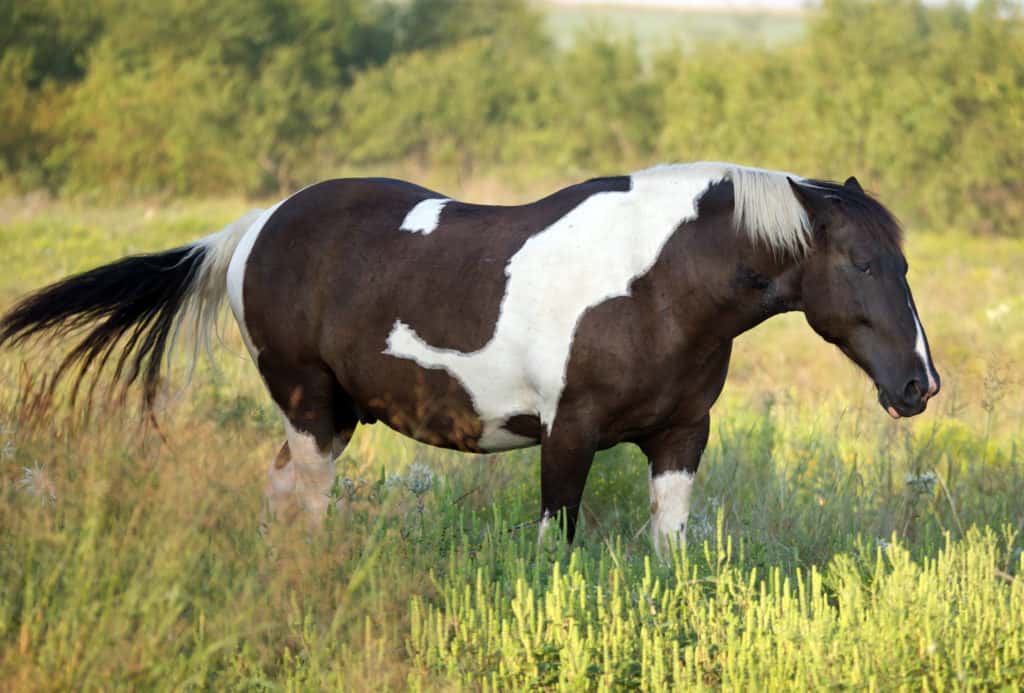
How a Percheron Mare Turned Me Into a Researcher
Dr. Audrey DeClue describes how treating a six-months-pregnant Percheron mare would dramatically change the course of her life and career.

Dr. Audrey DeClue describes how treating a six-months-pregnant Percheron mare would dramatically change the course of her life and career.

A Kentucky Thoroughbred farm is reaping the benefits of healthier mares and foals after making horse pasture renovations over the past year with guidance from University of Kentucky personnel.

Describing age-related structural changes in senior horse hearts is a critical first step in recognizing pathologies. However, researchers say it’s too soon to know how those age-related changes affect horse health.

Study findings suggest dose escalation can be used in equine lymphoma treatment to achieve higher chemotherapeutic dose intensity while minimizing adverse effects, researchers said.

Recent research suggests that chemotherapy can help horses with lymphoma achieve remission and extend their lifespans for several months or years.

Researchers also developed a genetic test to check for the “MYH1 mutation,” which can now allow owners and veterinarians to identify susceptible horses and screen breeding stock.

Although poison hemlock is often seen along roadways and in other nonagricultural sites, in recent years it has expanded into grazed pasture lands and hay fields. Here’s how to keep your horses and other livestock safe.
The U.S. Food and Drug Administration (FDA) is investigating the deaths of six horses in Minnesota allegedly due to horse feed contaminated with monensin.

Caring for the older horse can require special attention to his needs. Download this free guide to find out what health issues to watch for and how to keep your senior horse happy and healthy.

An unvaccinated 19-year-old Quarter Horse gelding presented with hind end ataxia with no improvement after anti-inflammatory treatment.

Learn about special characteristics of each part of the horse’s digestive tract and different medical conditions that can develop there.

Health problems can arise when animals—including horses—and people come into contact with the various toxins produced by blue-green algae.

Researchers found a significant difference in how they body condition scored horses compared to the animals’ owners, who tended to underestimate body condition.

Researchers found that horses with EGS had significantly reduced bacterial diversity compared to their healthy counterparts.
The riders proved that their horses’ positive drug tests resulted from hay contaminated with autumn crocus, which can be toxic to horses.

A horse owner who also has beef cattle wants to know if all-purpose, multispecies feeds are okay for horses. Our equine nutritionist responds.
Stay on top of the most recent Horse Health news with
"*" indicates required fields